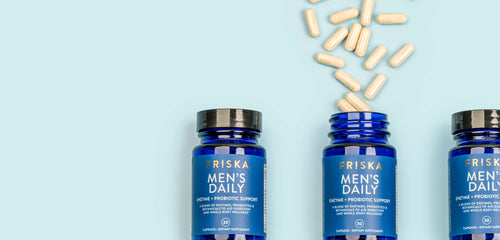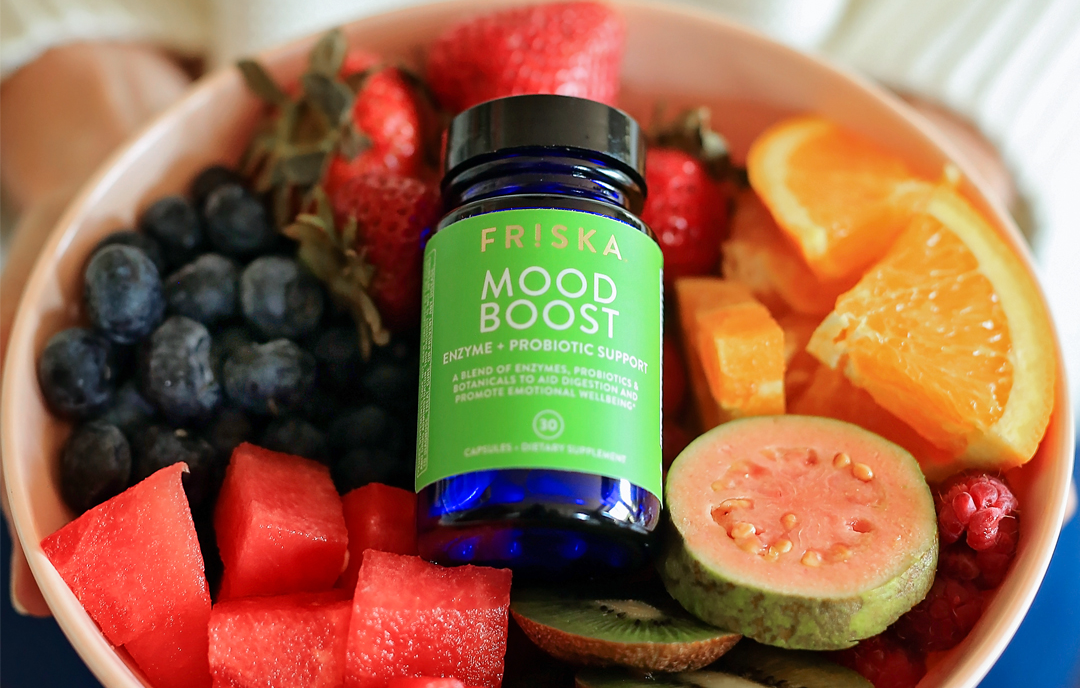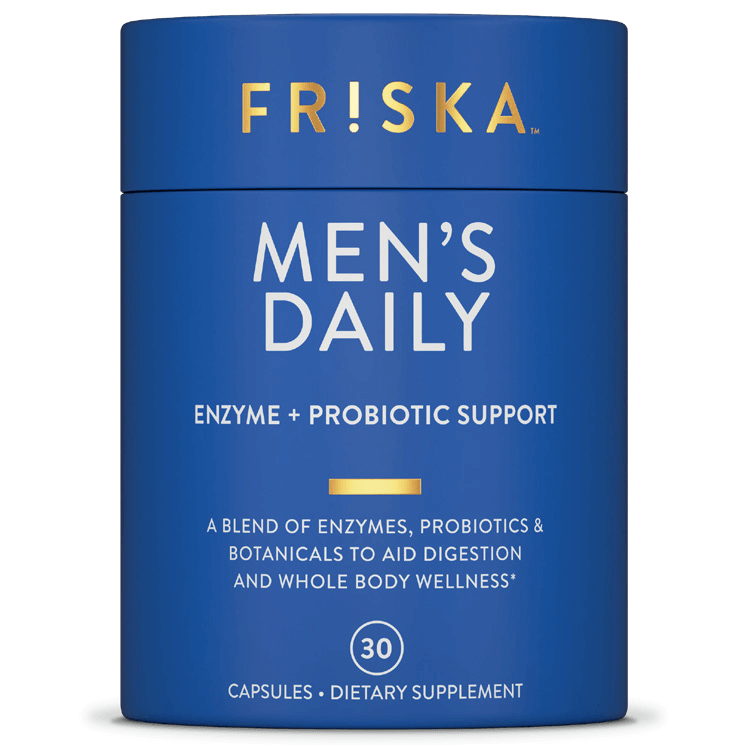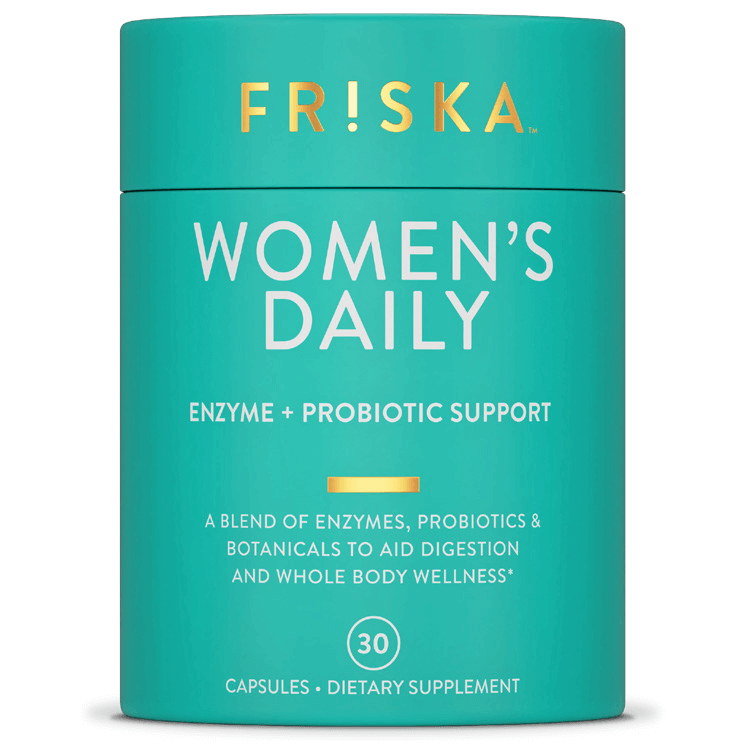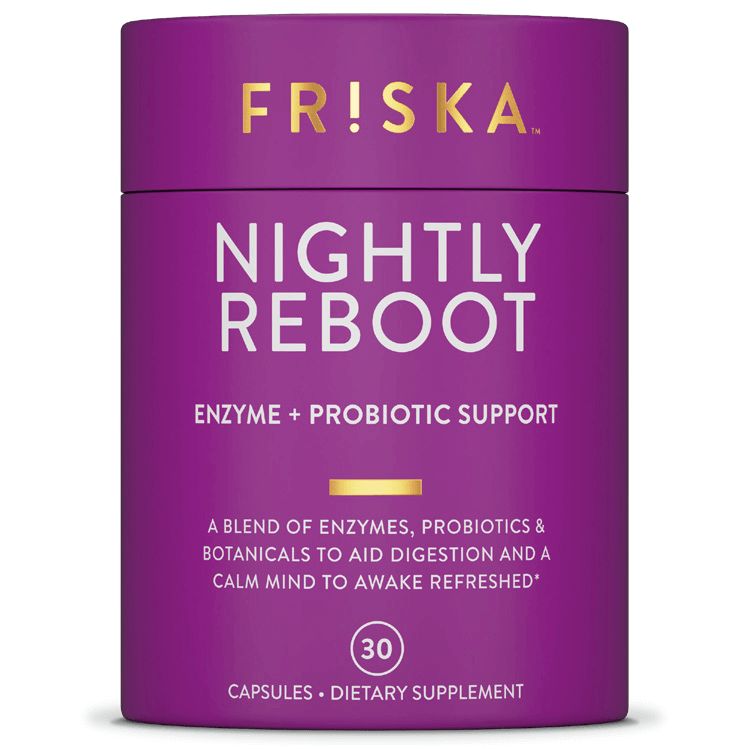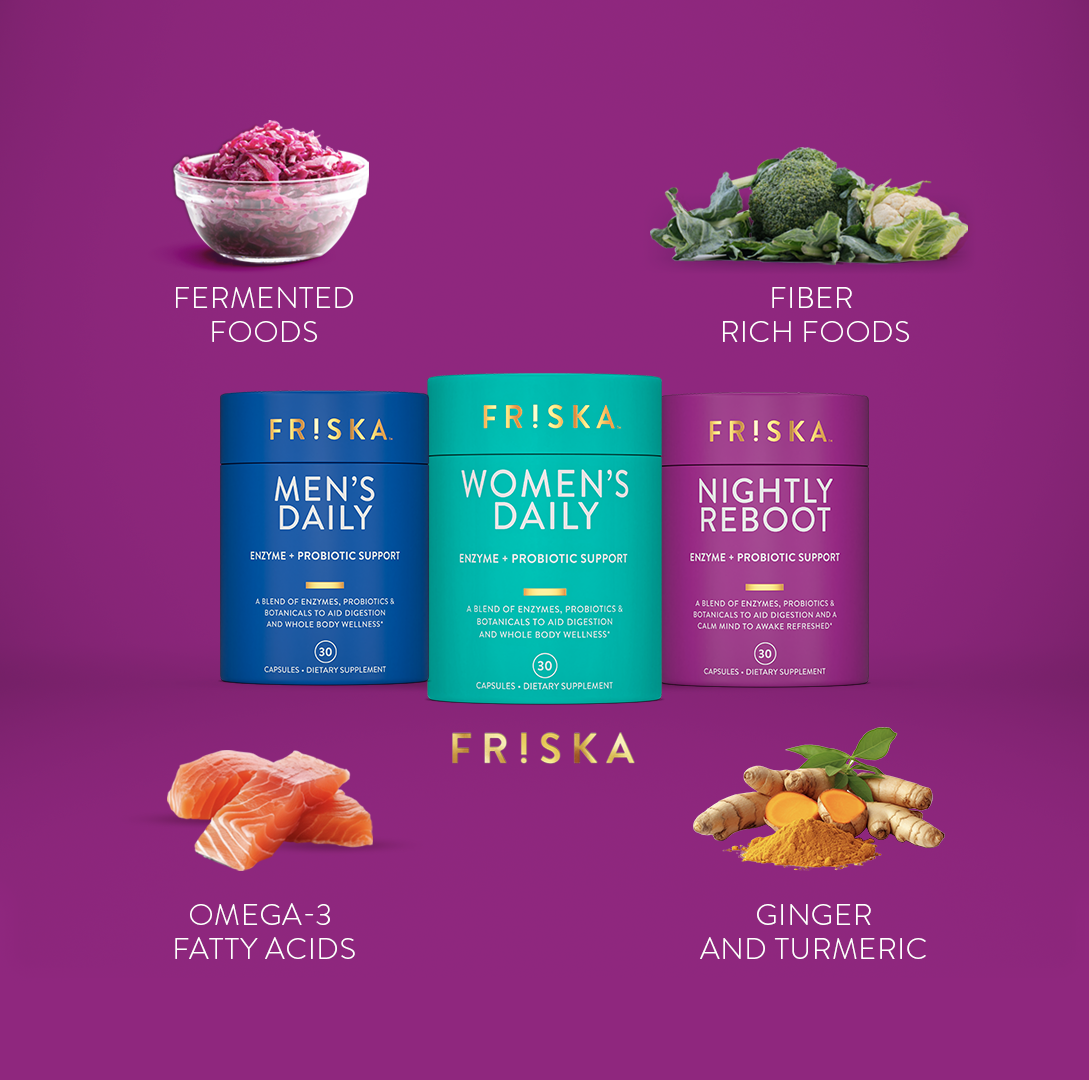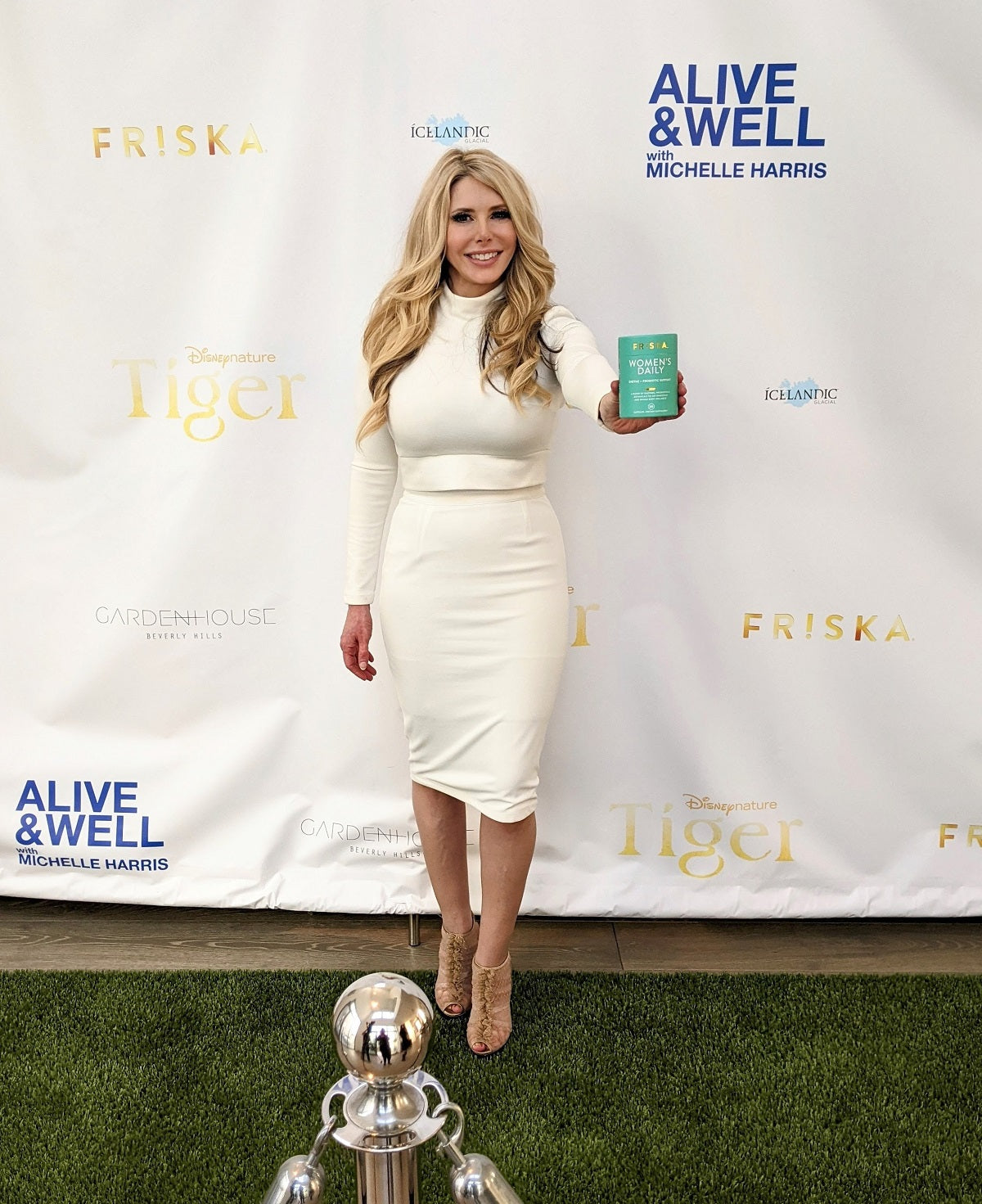As a board-certified gastroenterologist with a focus on optimizing gut health with proper nutrition and a balanced diet, I am often asked by patients: “Doc, what should I eat?”
It is within that spirit that I have developed the “Do’s and Don’ts: A GI Doc’s Diet Diary.”
DO'S AND DON'TS: A GI DOC'S DIET DIARY
DO:
Drink plenty of water. I shoot for a goal of 64oz per day. When you wake up in the morning after a (hopefully good) night’s rest, your body has been already been deprived of fluids for about 1/3 of the day! That deficit can easily add up if you are not intentional about consuming water early and often. Adequate hydration jump starts the body, kicking your metabolism and body’s natural enzymes/processes into high gear.
Fill up with fiber. Doing so prevents overconsumption of calories and prevents weight gain. Counterintuitively, we can optimize our digestion in part by prioritizing the indigestible! While fiber in our food is not digestible by our own bodies and enzymes, and thus we do not derive any direct nutritional benefits, it does feed our bodies’ natural gut microorganisms. Fiber also promotes regular bowel habits. My favorite sources include leafy greens such as spinach and a wide variety of other veggies including broccoli, carrots, and artichokes, black beans and lentils, and fruits such as berries. As an added bonus, these are also quite nutrient dense in vitamins and antioxidants.

Prioritize probiotics. I load up on natural sources of healthy microorganisms such as cultured low-fat yogurt or fermented/pickled foods. Providing a constant supply of probiotics to our bodies help tip the scales towards the good gut bugs, further optimizing our overall gut health. For many of my patients, probiotic supplements help achieve this goal. Probiotics help treat common digestive and non-digestive symptoms or conditions. They fight and prevent illnesses by boosting our immune system, regulate our blood sugar levels, and even support our moods and mental health.
Emphasize Enzymes. Our bodies host a variety of enzymes. Enzymes are substances that help break down our food and perform vital functions. But did you know that there are many natural food sources that also contain these incredible catalysts that our bodies can use? Some of my favorites include mangoes, bananas, avocados and a drizzle of honey when a little natural sweetness is needed. Some of my patients also benefit from a digestive enzyme supplement, especially those who develop deficiencies in enzymes related to certain medical conditions. Deficiencies may also occur as a part of the natural aging process.

DON’T:
Succumb to sugar. Our bodies have evolved to crave sugars. In the days of early humans when food was scarce, those who stocked up on high calorie sweets were better adapted to survive and thrive. However, this is one evolutionary trait that can backfire and become harmful if we are not careful. Overconsumption causes spikes in our blood sugar levels, which trigger our bodies to store the extra energy as fat. Sugar is one of the many culprits that result in obesity and all its associated health conditions, including diabetes. Some simple ways to satisfy your sweet tooth include the natural sugars in fruits, as they have a lower sugar content than “man-made” sweets. Strawberries are one of my favorites. This is because they contain naturally occurring non-sugar substances that enhance sweetness without being high in sugar!
Prioritize processed foods. This essentially includes anything that comes in a box or bag, has a label, and altered from its natural form. Not all processed foods are inherently bad but think about this: If I am a CEO at a food corporation, I want to create the best tasting food that keeps people coming back for more (read: addicting). Many companies have become highly adept at finding ingredients for their foods that make people overconsume and crave more. While great for companies and profits, this favors higher calorie foods that have lots of fat and/or sugar, but not a lot of nutrition. Stick with a diet that is primarily whole foods and predominantly plant based. This helps to ensure you are consuming the most natural, nutrient dense, high fiber and healthy foods that you can!
Eat early and often. Simply put, don’t eat too much and too frequently throughout the day. In fact, there is a growing body of evidence to suggest better health (lower blood sugar levels and decreased risk of diabetes, more active metabolisms which promote weight loss or maintenance of a healthy weight) and longevity (longer lifespan) for those who intermittently fast. One of the most common methods is 16 hours of fasting and 8 hours of eating. Truth be told, most of my weekdays I start the day with water and coffee, and my first meal isn’t until lunch. However, this method of eating may not be possible for everyone and should be discussed with a professional knowledgeable about individual health matters and goals.


